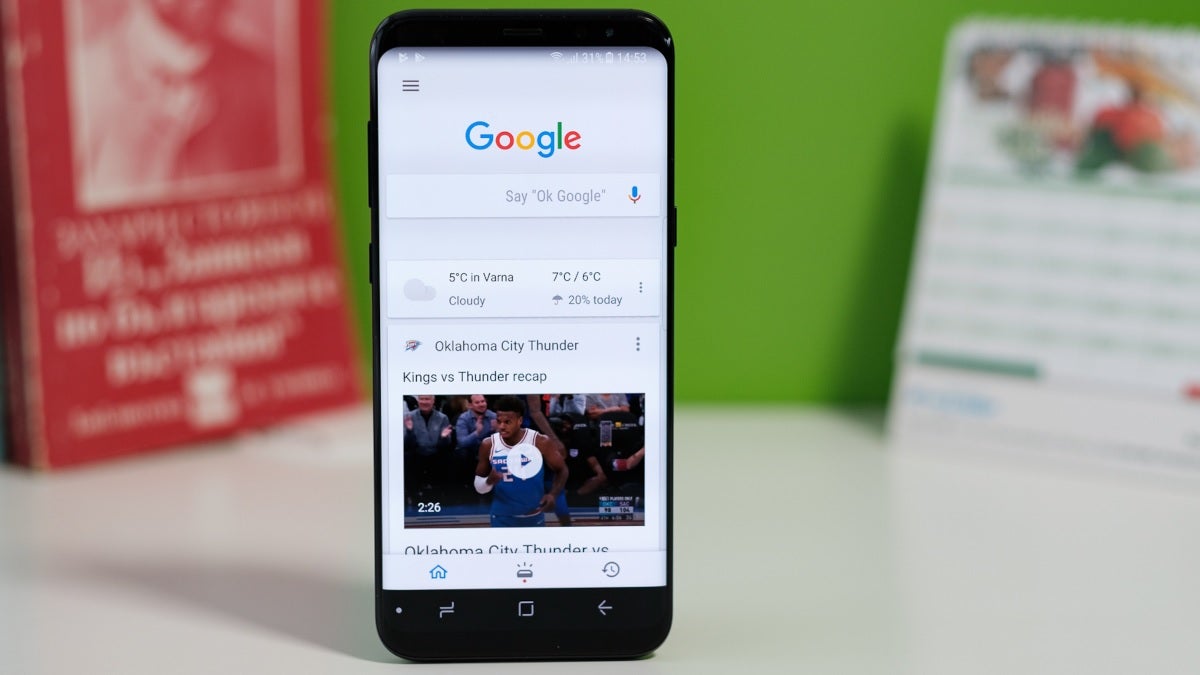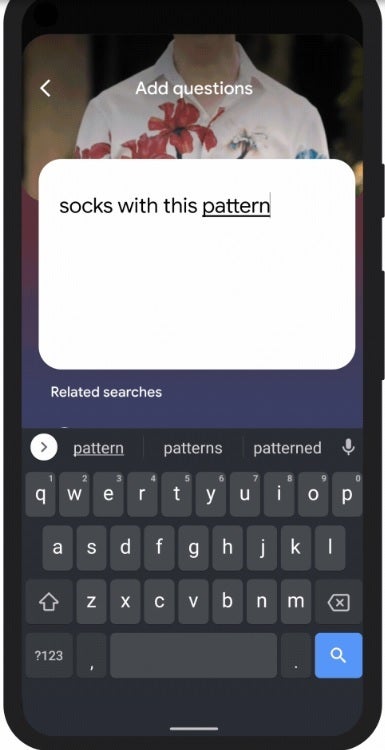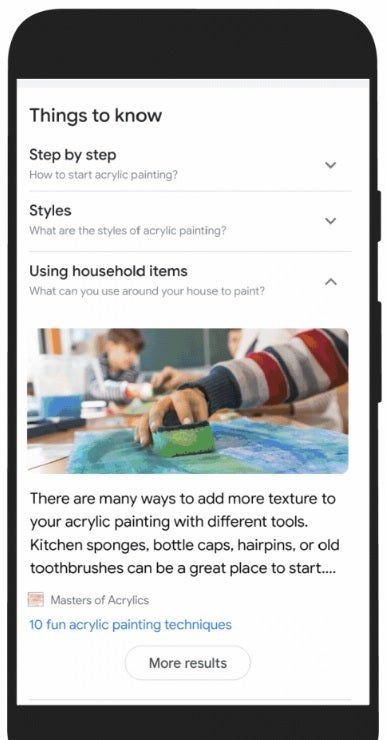You should soon see improvements with your Google Search results

Google users will soon love their MUMs. Most people do, of course, but as far as Google is concerned MUM stands for Multitask Unified Model. As Google explained at the time of I/O back in May, MUM helps make it easier for Google to respond to complex queries. Using Google's own example, let's say that you hiked Mt. Adams, and next year you plan on hiking Mt. Fuji and want to know what different preparations you have to make.
As Google pointed out at the time, this would require that you make several searches; "you’d have to search for the elevation of each mountain, the average temperature in the fall, difficulty of the hiking trails, the right gear to use, and more. After a number of searches, you’d eventually be able to get the answer you need." But if you spoke with one hiking expert and asked, "what should I do differently to prepare?," you'd get your answer.
Google will soon be using Multitask Unified Model (MUM) to make Search easier and more intuitive
MUM would understand that you're comparing two mountains and thus would understand which information-like elevation-would be relevant. Here is another example. Let's say you're using Google Lens and see a picture of a shirt and you ask Google to find the same pattern used on the shirt, but on a pair of socks. This might present you with a difficult challenge to type exactly what you are looking for.

MUM can help you find socks with a certain pattern
You could type "white floral Victorian socks" on Search, but it doesn't include the pattern you saw on the shirt. Google says, "By combining images and text into a single query, we’re making it easier to search visually and express your questions in more natural ways."
Another example: you need to fix a part on your bicycle that you don't know the name of. Using Google Lens you focus the camera on the part and type "how to fix." Immediately you get results showing videos and other places that show you or explain to you how to fix your bike. Today, Google announced in a blog post that new features related to MUM will launch in the months ahead.
The search giant says that it has discovered that a complex search like this on average takes eight different searches to get all of the needed answers. But MUM both understands and generates languages according to Google. It is trained to handle multiple tasks at one time and can work with 75 different languages. Being multimodal, it can understand the information presented in text and images.
MUM is also coming to Google Search to make looking up queries more "natural and intuitive." Let's say that you plan on redecorating your home and need more information about acrylic painting. So if you search Google for "acrylic painting," Search figures out what topics related to this subject most people want to know about first.
MUM will help users find "more web pages, videos, images, and ideas"
There are more than 350 different topics related to acrylic painting and Google says that using MUM will get users on the right path and even give them ideas to search for that they might not have considered. That would include looking up a topic such as "how to make acrylic paintings with household items." This returns content that could be extremely helpful to the person redecorating his/her home.

With MUM, you can learn the path to take to redecorate your home using acrylic paint
Google is also making it easier for users to zoom in and out of a topic to help them "refine and broaden searches." And with videos, Google Search results will use MUM to show videos containing content relating to your search even if this content or topic isn't mentioned explicitly in the video. Search can do this thanks to its advanced understanding of the information in the video.
The company says that "Across all these MUM experiences, we look forward to helping people discover more web pages, videos, images and ideas that they may not have come across or otherwise searched for." But there is more. Google is helping users decide whether the information they receive from the company is credible and will also make it easier for users to shop from merchants both big and small.
Follow us on Google News












Things that are NOT allowed:
To help keep our community safe and free from spam, we apply temporary limits to newly created accounts: